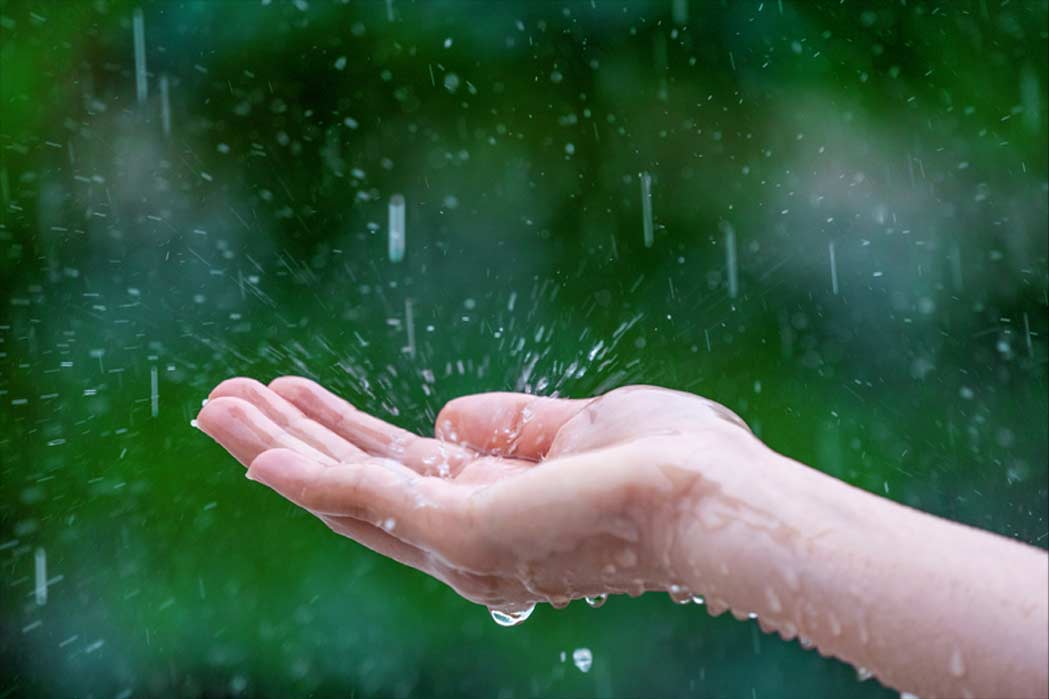Water shortage caused by climate change and environmental degradation compelled us to look for ways to conserve freshwater. Fortunately, we’ve found a way to reuse and utilize rainwater. But the benefits of rain harvesting are not limited to water self-sufficiency or drought resilience. Rainwater storage tanks can positively impact people and the environment in a number of ways.
- They prevent soil erosion.
The adverse effects of erosion go beyond the depletion of fertile land. It has also led to increased marine pollution and sedimentation in bodies of water, causing declines in fish and other species. By catching the heavy rainfall via water storage tanks, the soil will not be carried along with the movement of water.
- They reduce flooding especially in lower areas.
Cities are prone to flooding mainly because of two reasons: one, the rain often falls on an impermeable concrete surface, or two, the rain falls faster than the ground can absorb it. Effective catching and storing of rainwater reduces the devastating risk of flooding. According to Eco Drainage Solutions, rainwater harvesting significantly reduces the impact of short-term floods.
- Rainwater is good for the plants.
If you are maintaining a garden, having a rainwater storage tank is highly recommended. Apart from cutting your water bills, you can also be sure that the supply you’re using for watering plants are safe because it has not been treated with chemicals. Rainwater is also full of nutrients that plants need to boost their growth.
- They aid in replenishing groundwater.
The rapid growth of human population causes a great damage to water resources. Because more and more people needs water, the groundwater is utilized faster than it is replenished. Extended rainwater harvesting schemes are very helpful to safeguard a sustainable groundwater level.
- They reduce the impact of storm water runoff.
When it rains, water cannot soak into our roads, rooftops, and driveways. Instead, it runs off into streets and sewers creating storm water. From our streets to our streams, storm water picks up dirt, garbage, and other toxic wastes that end up in larger bodies of water. Reducing runoff with the use of rainwater storage tanks is critical to curtailing the destructive impact of storm water in lakes, rivers, seas, and oceans.
It is never too late to do your part in saving our only home. You may start planting trees, do recycling drive, or install a tank in your backyard. If you wish to have a dependable rainwater storage tank for your home or office, visit the website of Firstank Philippines. They offer a wide array of polyethylene, polyester, and stainless-steel water tanks.

